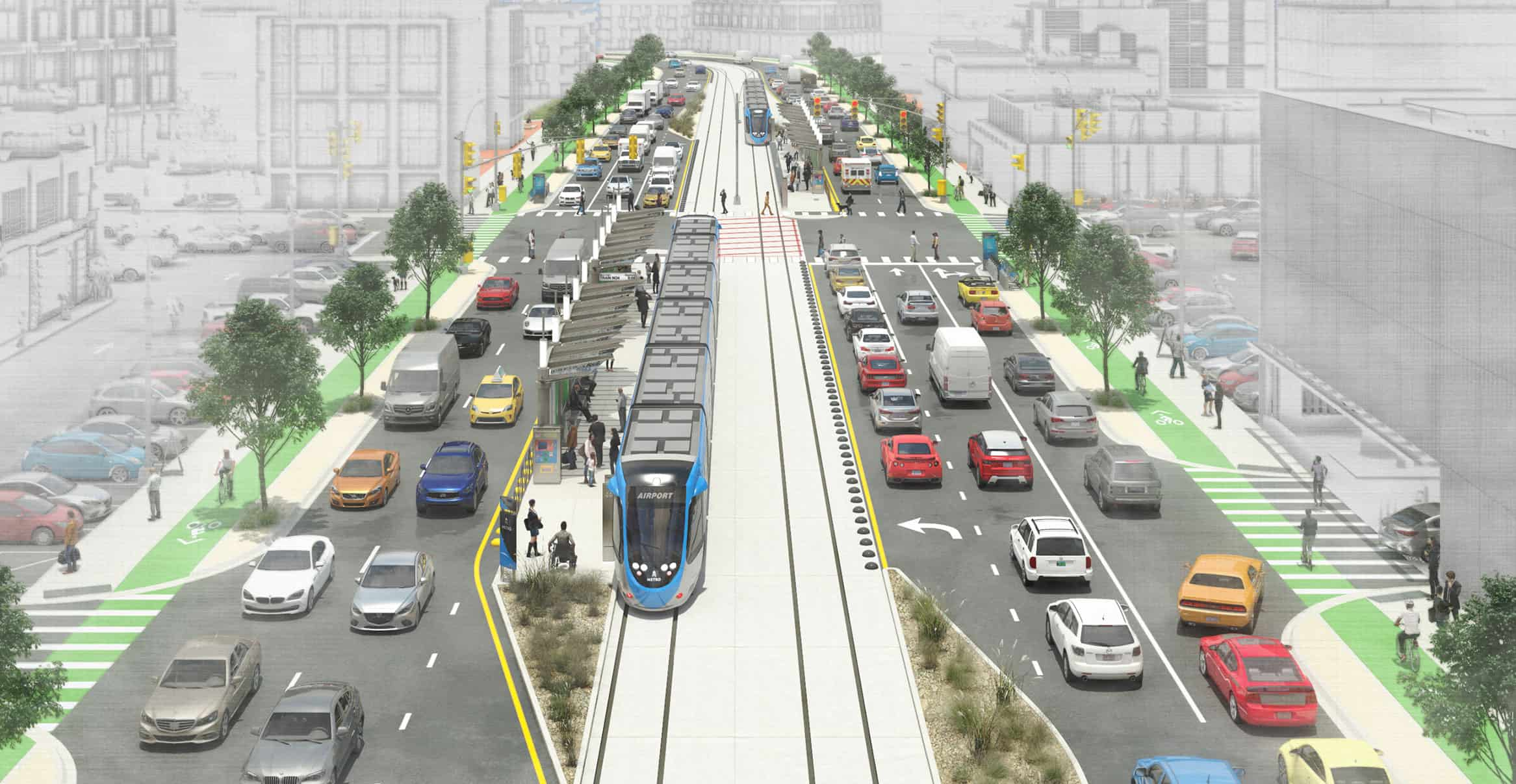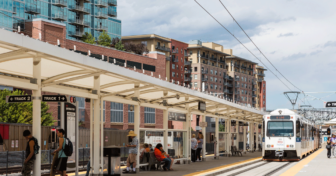
Austin Texas voters just voted to raise property taxes to pay for the operations and maintenance of Project Connect, a high-capacity $7.1 billion transit system expansion. Project Connect is highlighted by a new light rail system with 27 miles of service and 31 stations. It also includes a transit tunnel under downtown (think subway); four new rapid bus routes; and 15 new neighborhood circulators, on-demand pickup and drop-off to locations within zones. The tax also provides funding of $300 million for transit supportive anti-displacement housing strategies. The tax increase is permanent.
At the same time Austin voters also approved a $460 million pedestrian- and bicyclist-centric transportation bond proposal.
This is what winning in the 21st Century looks like. As we have explored, quality of place attracts talent, and talent = economic growth. Concentrated talent is what attracts high-wage employers. Talent is also entrepreneurial, so where it is concentrated are the places with the most high-wage business start-ups. So talent concentration is essential to high-wage job creation.
The places where talent is concentrating are primarily big metros with vibrant central cities. Central cities because mobile talent increasingly wants to live in high-density, high-amenity neighborhoods where you don’t have to own a car.
Austin now joins other big southern metropolitan areas that have made transit––particularly light rail––central to their economic growth strategy as we explored in a 2012 post entitled The South we should want to learn from. Prosperous, growing regions like Atlanta, Dallas, Charlotte and Phoenix.
Michigan, of course, is a transit laggard, particularly metro Detroit. And we are paying a price for being a laggard. The lack of talent and transit is what Amazon cited in explaining why no Michigan region made their final twenty regions to be considered for their 50,000 high-paid jobs HQ2.
In a Crain’s Detroit Business interview Dug Song, co-founder and general manager of Duo Security reveals why, although an Ann Arbor started and based enterprise, the company is now expanding most in Austin. Crain’s writes:
Top of mind for the 44-year-old entrepreneur: the state’s struggling K-12
education system, the region’s lack of integrated mass transit and a
culture that he says inhibits a more robust startup community in the
metro Detroit area and the broader state.Song is on record about his support of higher taxes to pay for some of
these items.
If Michigan is going to be competitive in retaining, attracting and creating high-paid 21st Century jobs it is going to require our making public investments in creating places where talent wants to live and work. As we detail in our Creating places across Michigan where people want to live and work, transit may well be the most important amenity in retaining and attracting talent.
Yes those public investments will need to be paid for with higher taxes. But, as Austin voters understood, those taxes pay for a service that is both important to improving the quality of life of current residents and is a vital to future economic growth, particularly growth of high-wage jobs.







